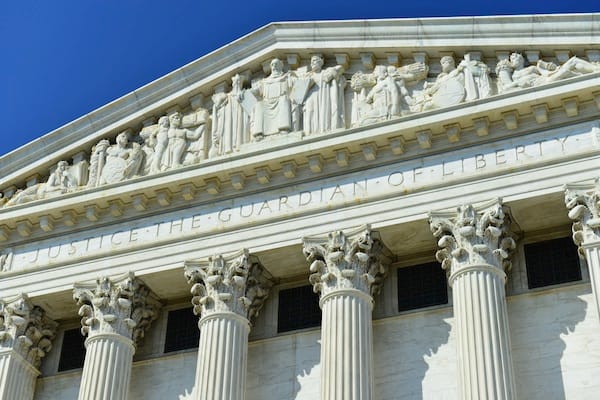Proposition C in Los Angeles Fights Corporate Personhood


Richard Cavalleri / Shutterstock.com
Since 2010, a growing number of local propositions and resolutions have passed in a largely symbolic effort to override portions of the Supreme Court's decision in Citizens United v FEC and Buckley v Valeo.
Given the federally binding nature of a Supreme Court decision, the only remedy to 'reverse' the decision would be an amendment to the U.S. Constitution, which is no small task. Nevertheless, municipalities across the country have drafted resolutions calling on their state representatives to limit corporate money in elections.
The latest opposition measure in the line of 'anti-Citizens United' proposals is Proposition C in Los Angeles. It encourages elected representatives to support a constitutional amendment that would not recognize corporations as subject to the same rights as individuals, while ending the exemption of political corporate donations from limitations.
From the proposition:
"[T]he people of the City of Los Angeles instruct the Los Angeles Congressional Delegation to propose and support any joint resolution offering an amendment to the United States Constitution that accomplishes the following"
Proposition C goes on to explain what such an amendment would look like; however, there are no enforcement mechanisms in the proposition to compel lawmakers to put forth an amendment or even follow through if one arose. Ultimately, the vote on Prop. C will serve more as a litmus test for public sentiment on corporate personhood.
Yet, should it be approved, the vote will not be as inconsequential as some suggest. Outside of California, many states -- including Maine, Florida, New Hampshire, and Vermont -- have pushed forward efforts in favor of a constitutional amendment similar to the one outlined in Prop. C.
Putting Los Angeles on the map with the growing coalition of states and cities that have voiced opposition to unlimited corporate spending in elections is a very small step towards enacting a 28th amendment. However, it is a necessary one, proponents argue, in order to build the coalition necessary for such a large undertaking.
In order for a constitutional amendment to become law, a two-thirds majority vote from the House and Senate is needed, along with a three-fourths majority of states. (This is the only way an amendment has been passed successfully).
Detractors of Proposition C argue the measure is largely useless because it lacks the enforcement. Still, others in the larger debate surrounding corporate personhood argue corporations are privy to the same rights under the constitution as individual citizens. As follows, they are subject to the same treatment under the law and should therefore be afforded the same free speech rights. In this case, that means unlimited political giving to independent entities.



